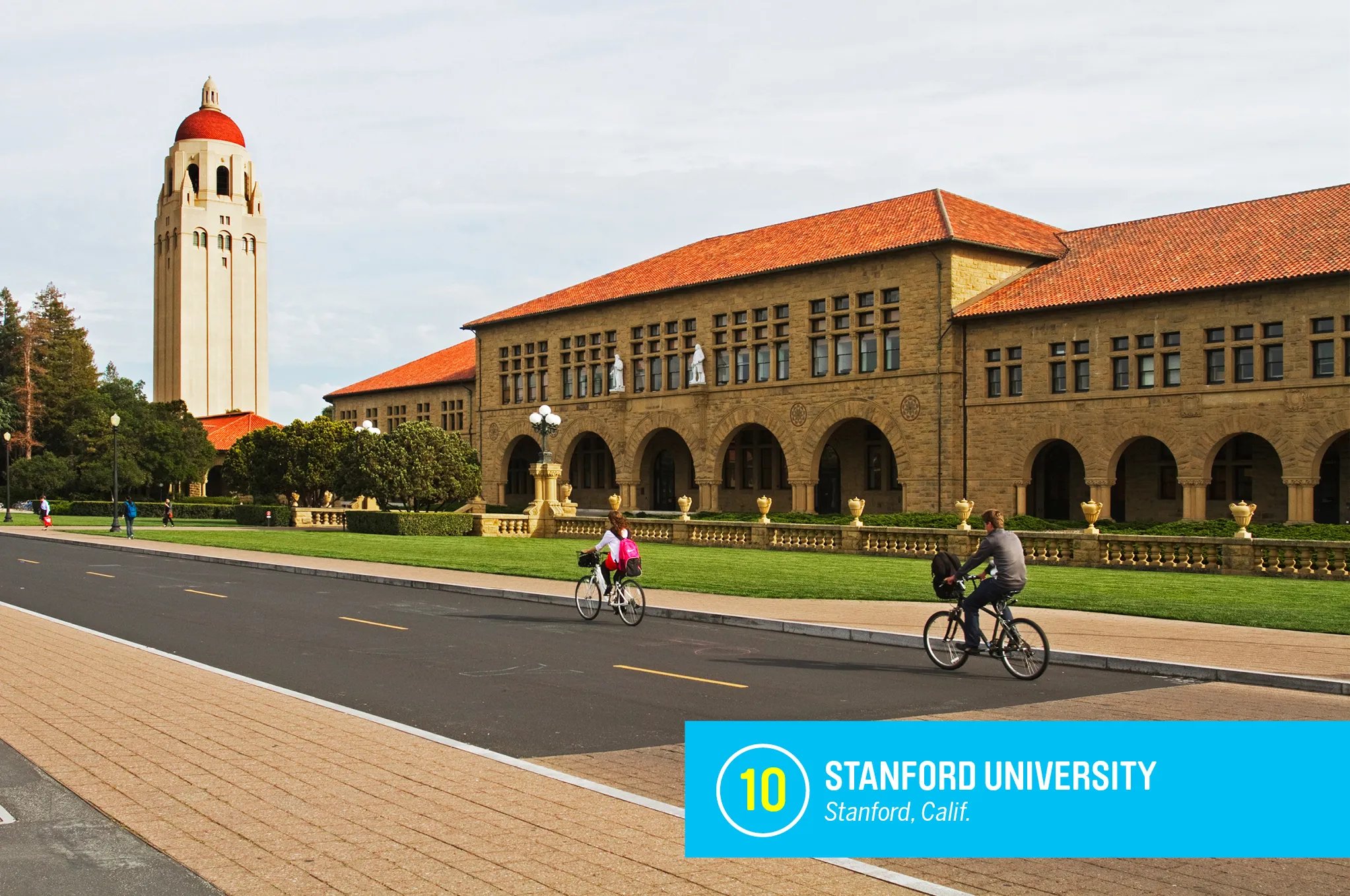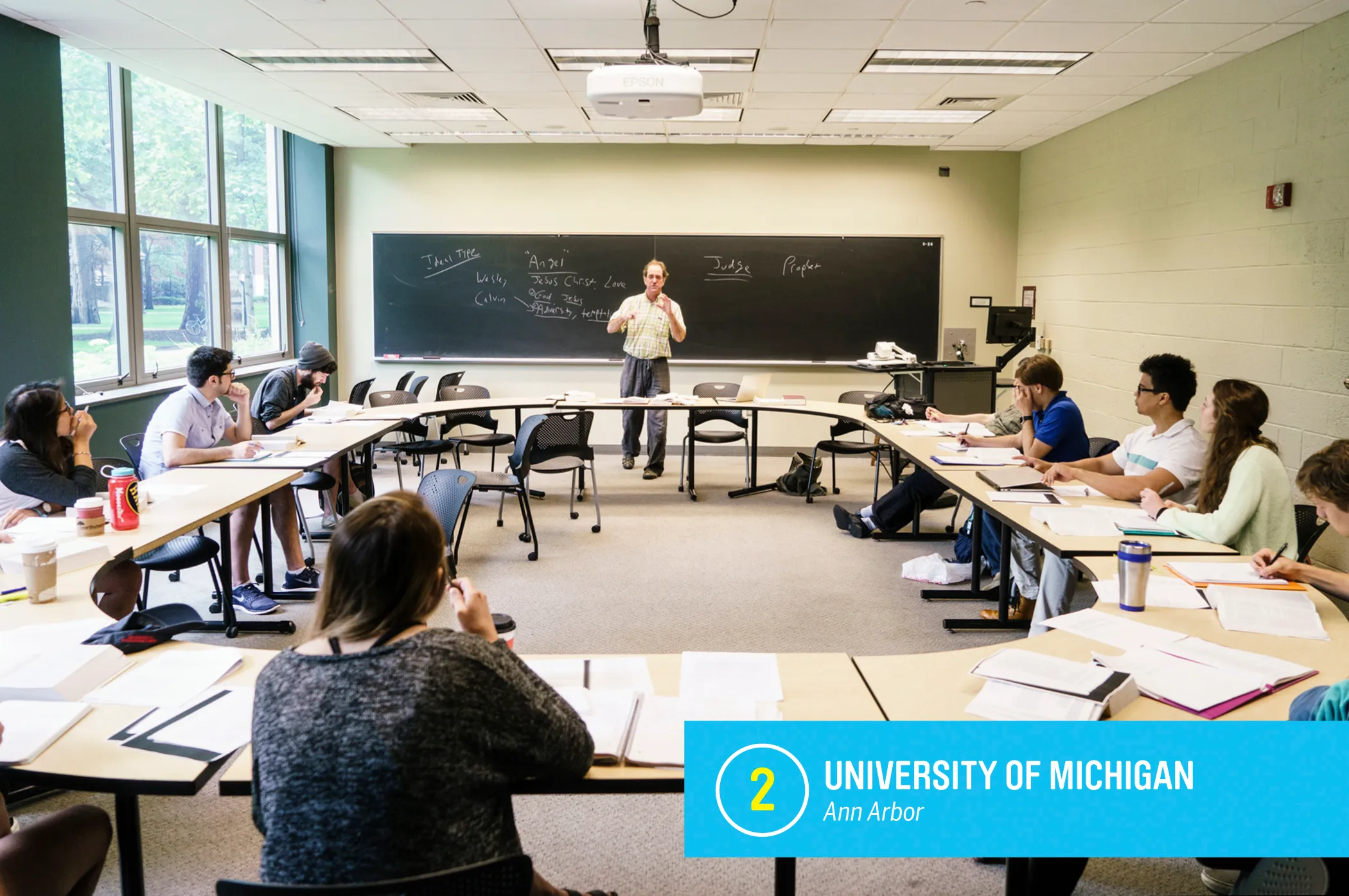What No One Will Tell You About the New Common App Essay Prompts

The 2016-17 Common Application platform went live last week, and in the ensuing weeks you will undoubtedly read a lot about the Common App’s personal essay. You will read about essays that worked and didn’t work. You will read about what each prompt means, which prompts are better than others, and what admissions officers are looking for in these 650-word representations of each applicant. The one thing you won’t read is that the Common App’s essay prompts don’t really matter.
I’ll say it again: The prompts don’t matter.
Here’s why. The admissions essay’s true purpose is to tell admissions officers something they don’t know about you and that isn’t represented anywhere else on the application. The essay should aim to reveal something about your true passions, interests, and goals while giving a taste of your personality. Reading your essay should give admissions officers insight into what it would be like to have a conversation with you. What makes you tick. What makes you, you.
While an essay prompt can serve as an inspirational launch point for a brilliant topic or story idea, over the years I have found many students get too caught up in trying to decide which prompt to tackle before they even understand which of their stories and characteristics they want to put on display. It’s like choosing the icing flavor before you decide you’re going to bake a cake (instead of, say, cooking spaghetti).
Decide what meal you are going to serve admissions first. What, of the many things you have to offer, will be the most satisfying tidbit you can lay down in front of someone who wants to know you better?
At College Essay Advisors, we call this approach to ignoring the prompt in favor of concentrating on the story, “The Backwards Brainstorm.” The Backwards Brainstorm involves four simple steps:
1. Take a cursory look at the Common Application’s essay prompts to get generally acquainted with them. (Hi prompts! You seem nice!)
2. Forget about the prompts. Forever. Okay, just for a while, but still: say goodbye. (Sayonara!)
3. Collect your best stories and ruminate on your defining characteristics. What doesn’t admissions know about you that you want them to know? What moments in your life have shaped you and made you the person you are today? Run through some exercises to find that magic topic. Nail down that central idea or, at the very least, a few frontrunners. (Gotta catch ‘em all.)
4. Dig those prompts out of cold storage. (Prompts! I missed you! Sort of.) Read each one with your essay topic in mind. Choose the prompt that most closely fits the tale you aim to tell. Eh, voilà! You are now telling a story that both serves you well and meets all of the Common App’s requirements. You are basically a genius.


























In the end, any story that will showcase your value to admissions will inevitably be able to be backed into one of the Common App essay prompts; because the whole point of these prompts is to help you identify insightful, revealing stories about yourself. In fact, a good personal essay topic often fits within the confines of multiple Common App essay prompt options. You might even identify a new and unexpected spin on your subject while considering it through the lens of a prompt you never expected to use (and may not have even considered in the first place). Over the years, so many surprises have revealed themselves through the Backwards Brainstorm, perhaps most of all that it works every time.
Stacey Brook is founder and chief advisor at College Essay Advisors. Her most recent article for us was, "To Get Your Kid Into a Great College Do These 7 Things This Summer."